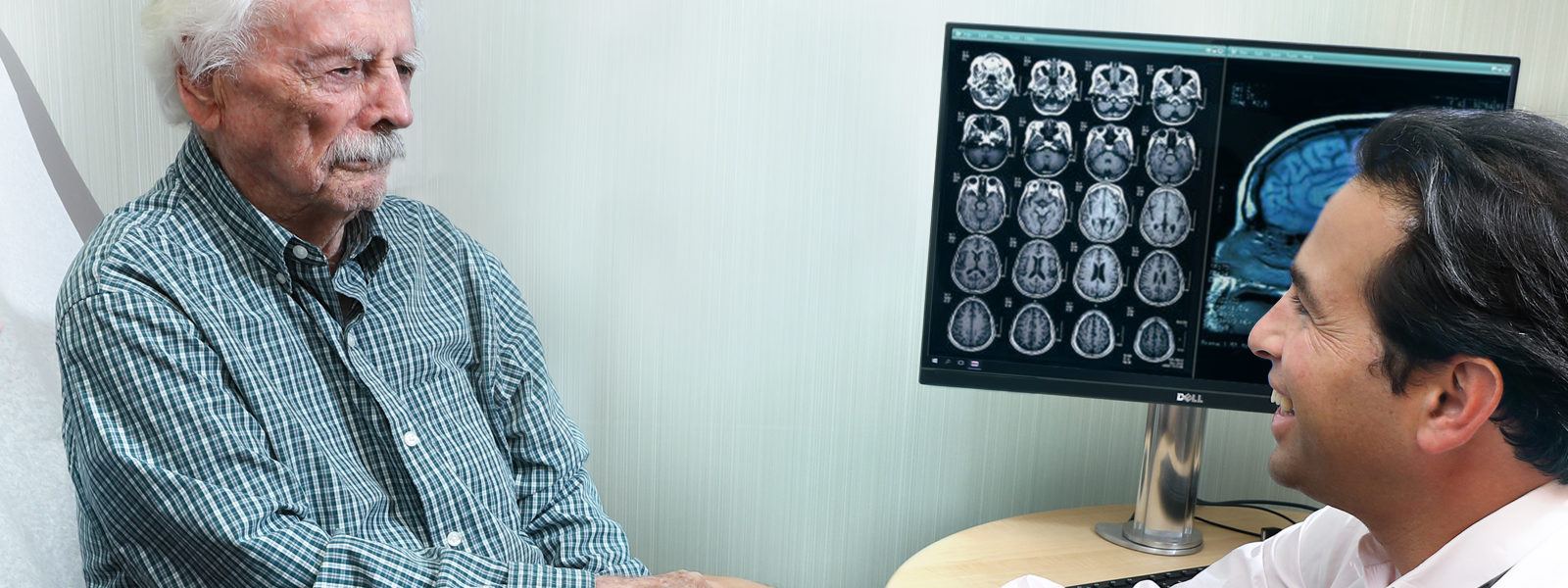
Brain Mapping
What is Brain Mapping?
Brain mapping is an advanced diagnostic tool that evaluates brain function by measuring how different regions of the brain process information. It combines traditional clinical assessments with computer-based cognitive testing to better understand thinking, learning, memory, and overall cognitive health.
This growing area of clinical research is helping physicians identify conditions such as dementia, depression, traumatic brain injury, and other neurological disorders with greater precision.
Computer-Based Cognitive Testing
The U.S. Food and Drug Administration (FDA) has cleared several computerized cognitive testing devices for patient use. These tools allow for standardized, objective, and repeatable assessments of cognitive performance.
FDA-Approved ERP/qEEG Device
An event-related potential/quantitative electroencephalogram (ERP/qEEG) test measures brain wave activity. This non-invasive test helps to:
- Differentiate between dementia and depression
- Track disease progression over time
- Assess overall cognitive deficits associated with dementia
- Evaluate brain changes after a concussion or traumatic brain injury
Automated Neuropsychological Assessment Metrics (ANAM)
ANAM testing uses computer-based tasks to evaluate functions such as attention, memory, processing speed, and reaction time. The advantage of ANAM is its standardized approach—every test is administered in the same way, ensuring consistent and reliable results for tracking changes over time.
Benefits of Brain Mapping
By using both traditional neuropsychological testing and modern computerized assessments, physicians can obtain a comprehensive picture of brain health. This dual approach allows for:
- More accurate diagnosis of neurological conditions
- Better monitoring of disease progression
- Tailored treatment planning based on a patient’s unique cognitive profile
Why Brain Mapping Matters
Early detection of cognitive decline or brain injury can make a significant difference in treatment outcomes. Brain mapping provides valuable insights that support proactive and personalized care, giving patients and their families clearer answers and better management strategies.